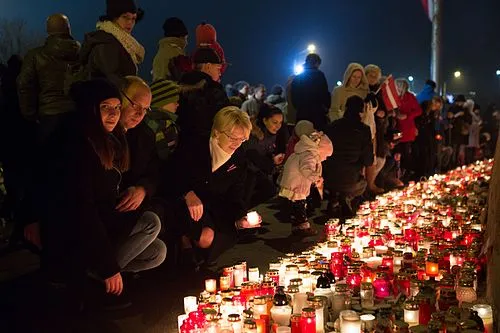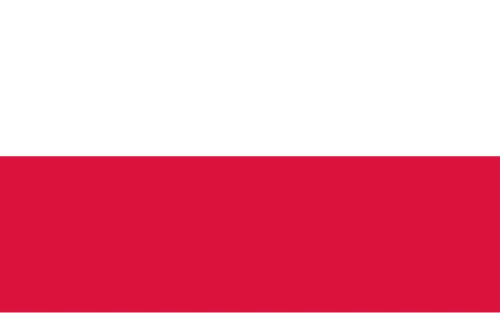
Lāčplēsis Day: Celebrating Victory and National Identity
Lāčplēsis Day, observed annually on November 11, is a significant national holiday in Latvia, commemorating the victory of Latvian forces over the Bermontians at the Battle of Riga in 1919. This pivotal moment in Latvia's struggle for independence reflects not only military valor but also the nation's enduring spirit and identity.
The Historical Context
In the aftermath of World War I, Latvia found itself grappling for independence amidst a turbulent political landscape. The German forces, in an effort to retain control over the Baltic region, created the Bermontian Army comprising primarily of German nationals and other foreign mercenaries. Their aim was to capture Riga and re-establish German rule in the area.
However, Latvian troops, including volunteer battalions composed of soldiers, notably led by the heroic figures of Augusts Kirhenšteins and Jānis Lāčplēsis, united to counter this threat. The critically tactical Battle of Riga took place from October 8 to November 11, 1919, culminating in a decisive victory for the Latvian forces.
Significance of the Battle
The Battle of Riga stands as a cornerstone of Latvian history, symbolizing the nation's emergence as an independent state. The victory not only helped repel the Bermontian attack but also solidified the determination of the Latvian people to forge their own destiny. It fostered a strong sense of national identity and pride, essential for the development of an independent Latvia.
Cultural Celebrations
Lāčplēsis Day is marked by various ceremonies and events throughout Latvia. Flag-raising ceremonies, parades, and demonstrations are organized in cities and towns nationwide. Latvians honor their ancestors and military heroes through these celebrations, which often include the lighting of candles at the graves of fallen soldiers.
The symbolic act of candle lighting, especially during the evening hours, has become a poignant tradition, representing remembrance and a tribute to those who fought for the nation's freedom. Many people also display the national flag and participate in cultural events that showcase traditional music, dance, and poetry—reminders of Latvia's rich heritage.
Modern Reflections
In today's context, Lāčplēsis Day serves as a reminder of the sacrifices made for independence while fostering reflection on the importance of national unity and courage in the face of adversity. It encourages newer generations to understand the history that shapes their identity as Latvians while promoting national pride and cohesion.
Moreover, Lāčplēsis Day teaches lessons about resilience, cooperation, and the importance of standing for one’s beliefs and freedoms. In an era where global conflicts and unity are still pressing issues, the spirit of Lāčplēsis Day resonates with many, promoting solidarity among people.
Conclusion
Lāčplēsis Day is more than a celebration of a military victory; it is an affirmation of Latvia's sovereignty and cultural identity. As the nation gathers each year on November 11 to honor its heroes and reflect on its journey, it continues to inspire Latvians and encourages unity and pride for generations to come.






